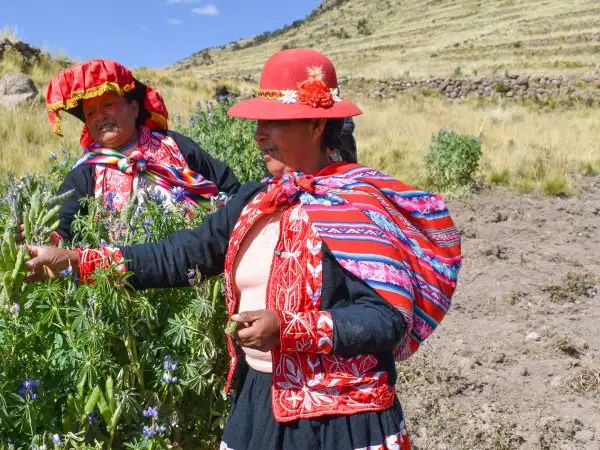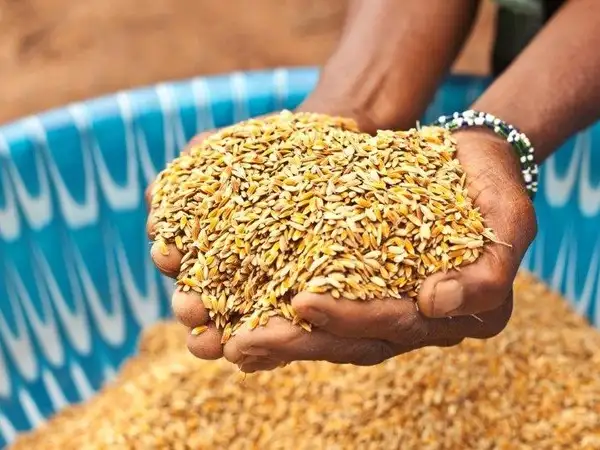
In this joint report CAFOD and Christian Aid show why agricultural transformation is fundamental to a permanent end to hunger and poverty in Africa.
CAFOD and Christian Aid programmes that support small agro-enterprise development, climate resilience building and inclusive agricultural market development include deliberate actions to ensure equitable and environmentally sustainable outcomes. To further promote the integration of these principles in the design and implementation of government policies, we have initiated an ongoing dialogue with our partner organisations in Africa to determine how agricultural transformation policies in their own countries can contribute to more equitable and sustainable development.
This report builds on CAFOD and Christian Aid’s research and programme experience, as well as our ongoing dialogue with partner organisations around Africa’s structural economic transformation agenda.
Key recommendations
Learning from the lessons of past transformation pathways, we recommend that African governments and development institutions increase their efforts to:
Protect and promote local, national, and regional agri-food market systems. Existing government and donor efforts are primarily focused on integrating local producers and industries into global value chains. While this is viable for certain cash crops in some areas, Africa’s growing urban and better-connected regional markets offer greater opportunities for inclusive agricultural transformationNew pathways out of poverty in Africa: the promise of sustainable and inclusive agricultural transformation.
Protect the rights of vulnerable land users. Most of the fertile arable land in Africa is already in use, mostly for producing food. However, many land users are not officially recognised or protected in law. To avoid the creation of dual rural economies, the multiple land use activities which sustain rural communities must be recognised, valued, and protected.
Switch to environmentally sustainable production systems. New innovations, approaches and technologies – many based on existing and low-cost farmer practices and already extensively in use – have shown great promise in increasing yields while also building soil health. This negates the need for investment in polluting industrial agricultural systems. These innovations will allow African countries to ‘leapfrog’ synthetic chemicals and other (often expensive) inputs and techniques that have ‘oiled’ the agricultural transformations of many Western and Asian countries. This avoids further environmental degradation and enables more effective adaptation to climate change
Empower women agricultural producers and workers. It is widely recognised that while women perform most agricultural labour in Africa, they have far less access than men to the services, skills, finance, assets, and markets that would increase the rewards of their labour. While efforts are already underway to increase such access, there has been far less focus on the equal and parallel need to understand and address gender norms, including those which lead to the disproportionate share of care and reproductive labour they perform in the household and communities.
Policy and research
CAFOD's policy team provides briefings, reports and research on our advocacy and lobbying work, plus materials to support our campaigns.
World Food Crisis
Together, we can reach out with love to help our sisters and brothers around the world who are facing extreme hunger through no fault of their own.



